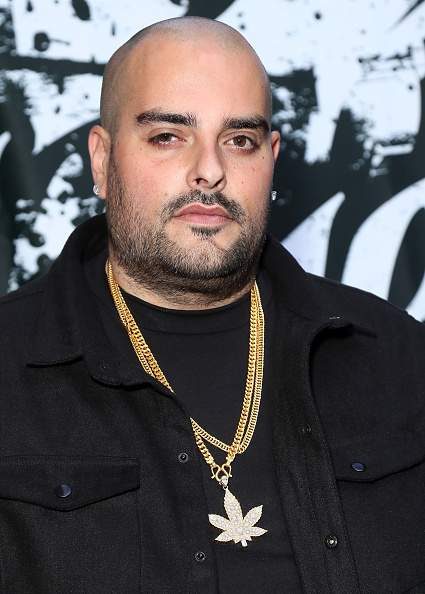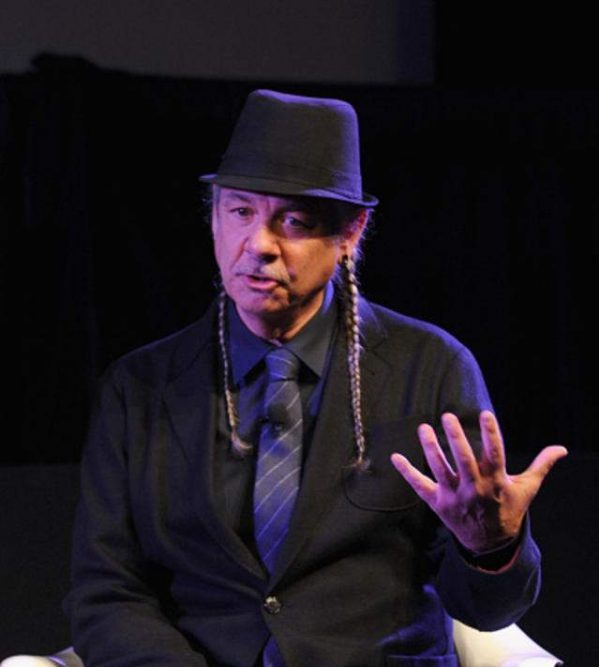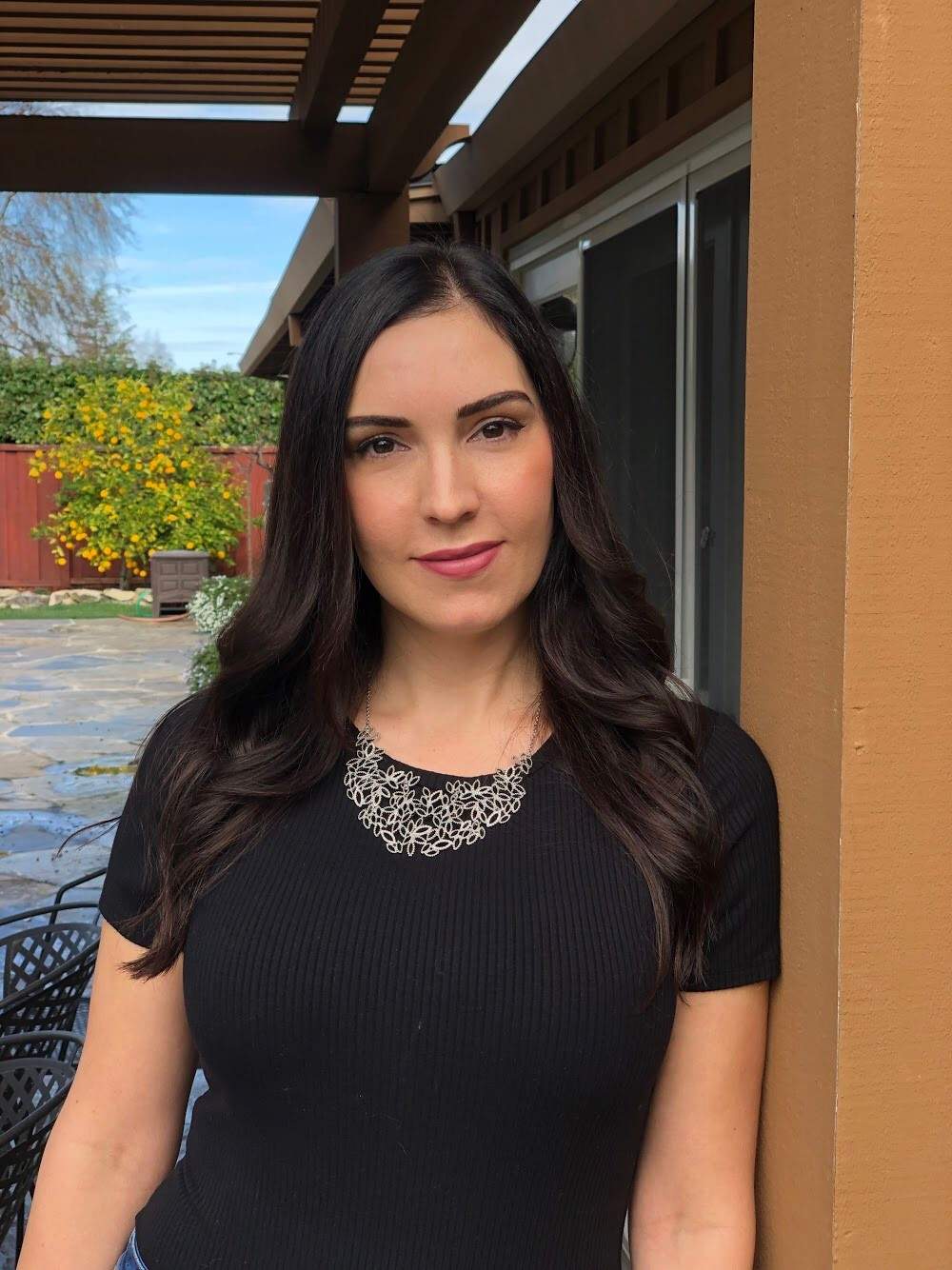Looting is rarely pure; when you're disenfranchised, it's difficult to separate what's necessity in life from what your heart needs. But what went on in many of the approximately 43 dispensaries targeted since the racial-equality protests began was something else, apparently: Organized robbery missions.
SFist/Leafly
- Many Bay Area dispensaries were looted. "Professional-looking" thieves, fully outfitted in clean suits, were caught on camera in one San Francisco dispensary Saturday night. Across town, California Street Cannabis Company had $10,000 taken. Multiple SPARC locations were hit.
- In Los Angeles, people carried out full red shopping bags from two MedMen locations, and took product from the Melrose Cookies store, as seen on social media footage.
- Mom & pop dispensary Magnolia Oakland "lost everything" on Saturday night.
WeedWeek - At least one producer and one distributor reported thefts.
- Among the early dispensary theft fallout is two regulatory agencies hiding their online databases. Both the Bureau of Cannabis Control and the California Department of Food and Agriculture disabled their usually searchable licensing databases, to shield information such as dispensary addresses.
MJ Biz Daily
Here's more WeedWeek coverage of the protests and the opportunistic crime wave which accompanied them:
- Columnist Dan Mitchell looks at what's next for pillaged shops.
- As the industry stands with protestors, it also sees opportunity.
- Pot shops are "perfect targets" for armed burglary.
Quick Hits
- On Wednesday, Democratic House leadership introduced an impaired-driver education bill that all legal-weed states would have to implement. The bill would be tucked into a forthcoming infrastructure package.
Marijuana Moment - Aside from cataloging their own racism—deep cuts included—one can support black bud businesses and feel less appropriately horrible.
Green Entrepreneur - What you hear is not a test: That theory about marijuana being recession-proof will be proved or disproved right about... now.
MG Retailer















